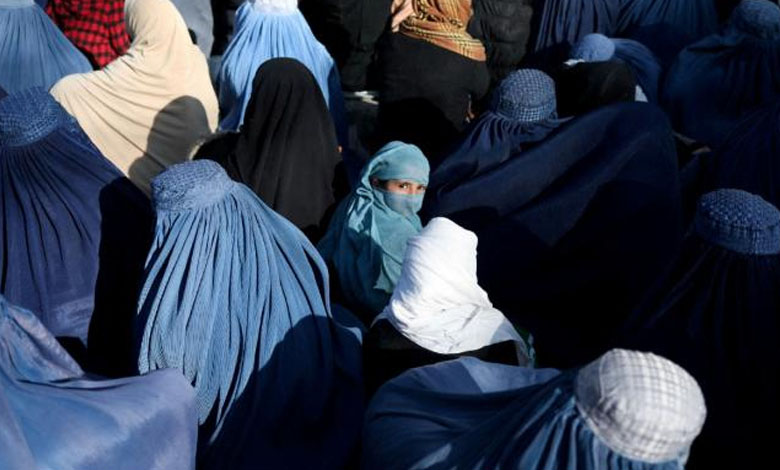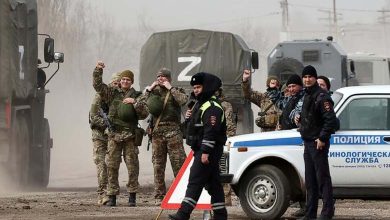New repression in Afghanistan: Wedding celebrations banned for men and restricted to women

Just in Afghanistan, men are banned from celebrating at weddings. The ceremony is restricted to women, and men sit in a separate room waiting for the women to finish the ceremony. Women take out some of their inherent anger at the Taliban’s repression of them, the banning of girls from high school education and, more recently, the banning of women from attending university and restricting them from leaving without a male family regent.
Men’s repression
“We can’t imagine the future,” said 20-year-old Halima, who finished high school early last year but has been out of work since then. “Here in the wedding halls is a sanctuary where we feel safe, we can forget our worries and enjoy ourselves for one night,” she said. According to the Washington Post, men at weddings are in a small, separate room, staring at their smartphones, eating and then returning home with their women.
Before the Taliban seized power in Afghanistan, men celebrated in a separate room, the newspaper said, before the Taliban banned men from partying and confined them to women. The Taliban described the celebration of “vulgar” behavior as rules imposed by the extremist movement on Afghan society were stricter, and this time reached out to men.
The extremist movement uses Islam and tradition as a pretext to crack down on it, even though Islamic teachings do not prohibit men from celebrating, particularly since Afghanistan is a country plagued by drug trafficking that is banned in Islam, the newspaper said.
Economic collapse
Afghan weddings, a staple of social life, often receive 1,000 or more guests, but in recent months, with the economy in tatters after months of international sanctions and spiraling inflation, weddings have shrunk in size and profits – and, in addition to excitement, families haggle over menu prices; Cosmetics experts offer 70 percent discounts, with grooms buying plastic flowers instead of natural flowers to decorate white cars that take each new couple to the wedding hall, a ceremonial job performed by horses with white carriages.
“I used to get roses from Pakistan for $3 for the bouquet and sell them for $4, now I’m only earning 25 cents, and many of them have melted,” said Sharif Wali, a flower seller in the middle-class Khair Khankhana neighborhood. Nearby, a group of beauty salons near several wedding halls are struggling to survive. The pictures of brides have been erased and most of the salons were dark or empty.
“I work here because I have nothing else to do,” said Malika, 21, who was a high school student when the Taliban returned. “I wanted to go to university and study political science, but my dream is gone, my only option now is to stay home or get married.”
Another said, “A concert without music resembling a dead flower, we want our guests to be happy, but what can we do? “.












